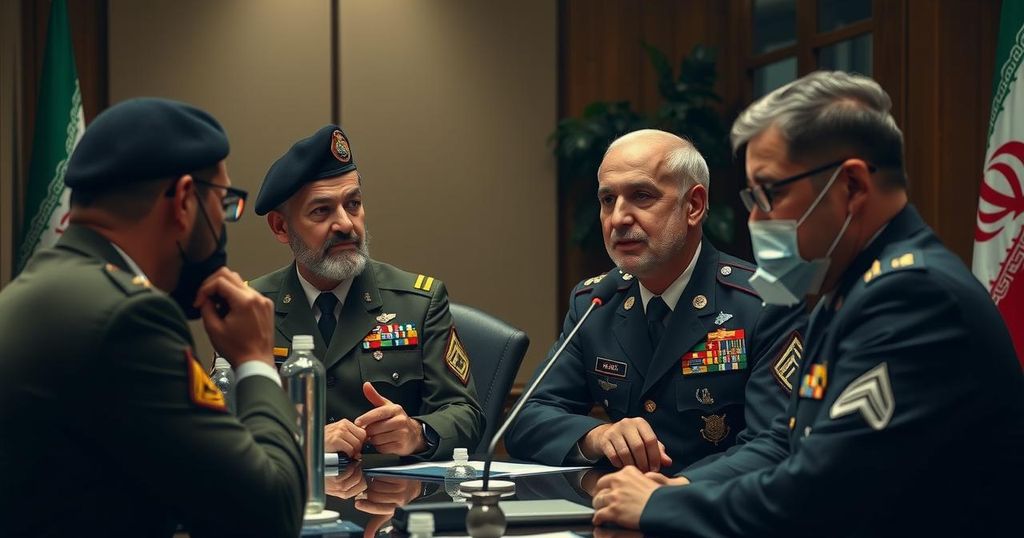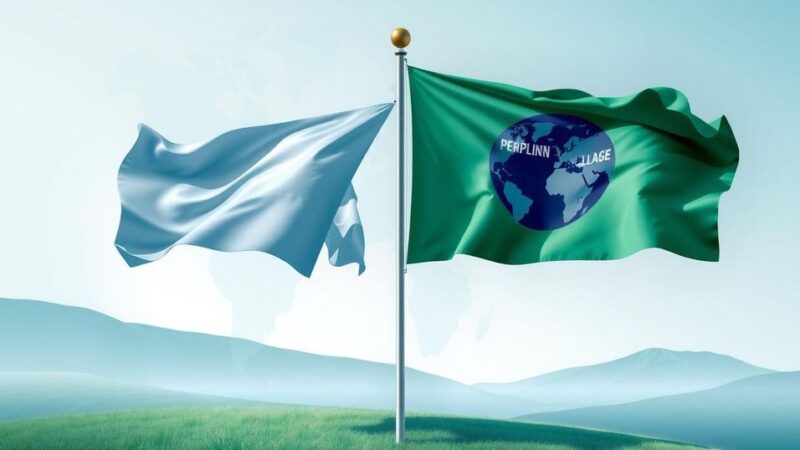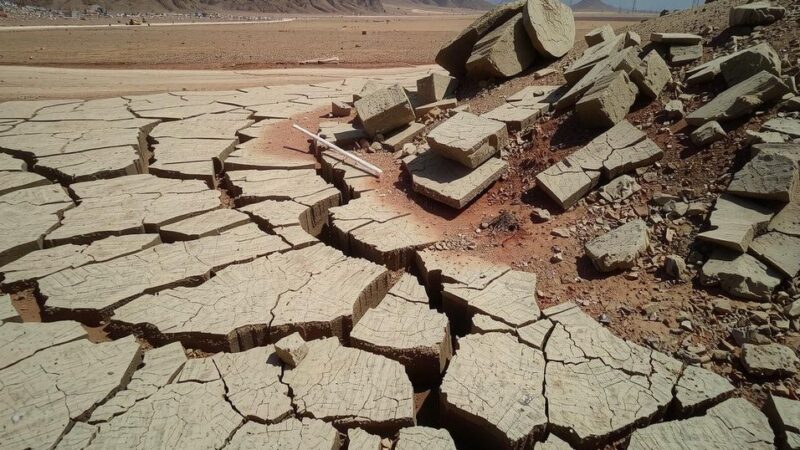Fayyad al-Ruwaili, the Saudi armed forces chief of staff, visited Tehran to engage in talks with Iranian officials regarding defense collaboration. This visit is part of ongoing efforts to improve relations after years of hostility and comes as the U.S. prepares for a continued focus on Middle Eastern peace initiatives under President Trump. The discussions emphasize the development of defense diplomacy between Saudi Arabia and Iran.
On Sunday, Fayyad al-Ruwaili, the chief of staff of Saudi Arabia’s armed forces, visited Tehran for discussions with Iran’s military leadership, particularly with Major General Mohammad Bagheri, the Iranian Armed Forces Chief of Staff. This high-level meeting underscores the evolving military and defense ties between the two nations, as they address various issues pertaining to bilateral cooperation in defense diplomacy. The visit aligns with ongoing geopolitical developments in the region, particularly as the United States is poised to maintain its focus on Middle Eastern peace initiatives under President Donald Trump, set to commence his second term in January.
The backdrop of this visit includes the historical tensions between Saudi Arabia and Iran, which have significantly impacted regional stability over recent years. The normalization of relations between Gulf Arab states and Israel during Trump’s first term, known as the Abraham Accords, has also influenced Saudi Arabia’s diplomatic landscape. Notably, Saudi Arabia has yet to formally establish ties with Israel, despite ongoing discussions about potential normalization led by U.S. officials. The March 2023 agreement mediated by China between Tehran and Riyadh signifies a noteworthy turning point after years of conflict that had contributed to escalating crises across the Middle East.
In conclusion, General al-Ruwaili’s visit to Tehran represents a significant step towards re-establishing diplomatic relations and fostering defense cooperation between Saudi Arabia and Iran. Amidst a complex geopolitical climate, these talks aim to mitigate tensions and enhance stability in the region. The evolving relationships among Middle Eastern nations could play a crucial role in shaping future diplomatic interactions, particularly with the anticipated policies of the incoming U.S. administration.
Original Source: www.jpost.com







